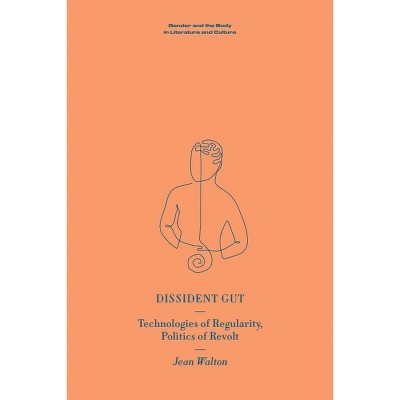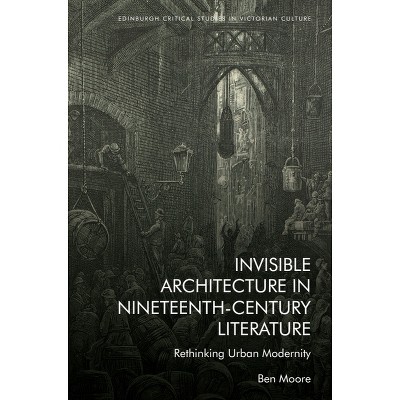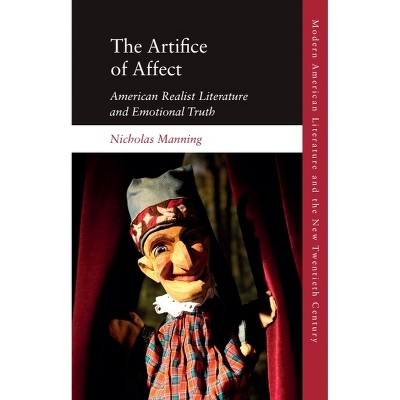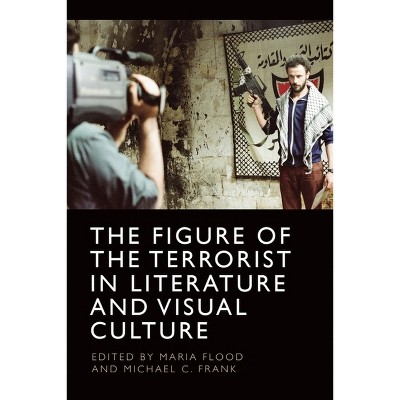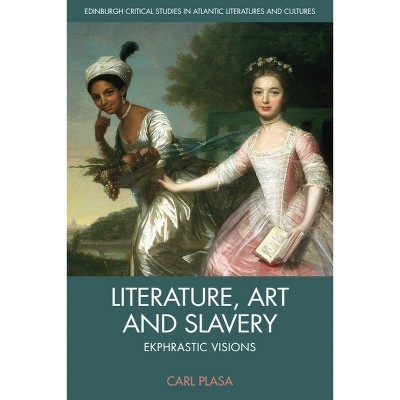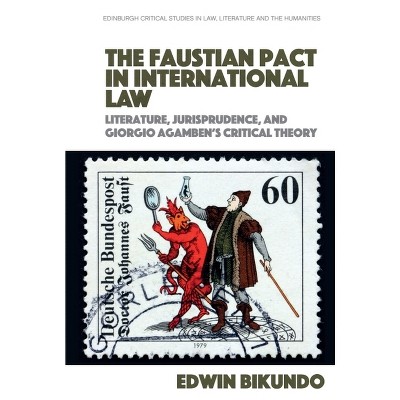About this item
Highlights
- Readers encounter the environment through literature in ways not available to everyday perception.
- About the Author: David Rodriguez is Adjunct Assistant Professor in English at Hofstra University, United States.
- 208 Pages
- Literary Criticism, Subjects & Themes
Description
About the Book
Develops a new theory of literary imagination for the Anthropocene by analysing descriptions of the environment from aboveBook Synopsis
Readers encounter the environment through literature in ways not available to everyday perception. This is especially clear when a text integrates the grand vistas of what is known as the bird's-eye view. In this welcome contribution to the contemporary theoretical discussion about storied environments and non-human perceptions, David Rodriguez presents an original interpretation of the aesthetics of the view from above. Focusing on fiction by twentieth-century American writers including Willa Cather, Paul Bowles and Don DeLillo, Rodriguez skilfully combines ecocriticism, narrative theory and phenomenological approaches to literature to develop the term 'form of environment'. This theory of literary fiction foregrounds the environment not as setting or historical context, but as an equal agent with the human figures and scales that are normally the focus of literary analysis.From the Back Cover
[headline]Develops a new theory of literary imagination for the Anthropocene by analysing descriptions of the environment from above Readers encounter the environment through literature in ways not available to everyday perception. This is especially clear when a text integrates the grand vistas of what is known as the bird's-eye view. In this welcome contribution to the contemporary theoretical discussion about storied environments and non-human perceptions, David Rodriguez presents an original interpretation of the aesthetics of the view from above. Focusing on fiction by twentieth-century American writers including Willa Cather, Paul Bowles and Don DeLillo, Rodriguez skilfully combines ecocriticism, narrative theory and phenomenological approaches to literature to develop the term 'form of environment'. This theory of literary fiction foregrounds the environment not as setting or historical context, but as an equal agent with the human figures and scales that are normally the focus of literary analysis. [bio]David Rodriguez is Adjunct Assistant Professor of English at Hofstra University in New York. His previous publications include Narrating Nonhuman Spaces: Form, Story, and Experience Beyond Anthropocentrism (co-edited with Marco Caracciolo and Marlene Marcussen, 2021).Review Quotes
David Rodriguez ably demonstrates how 'aerial description' at once establishes and transforms the spaces of American literature in the work of Willa Cather, Paul Bowles and Don DeLillo, among others. The result is a superb study of literary cartography, disclosing the power of the imagination to alter the ways we understand our environment and its conditions today.
--Robert T. Tally Jr., Texas State UniversityAbout the Author
David Rodriguez is Adjunct Assistant Professor in English at Hofstra University, United States. He lives in Helsinki. His previous publications include Narrating Nonhuman Spaces: Form, Story, and Experience Beyond Anthropocentrism (co-edited with Marco Caracciolo and Marlene Marcussen, 2021).







